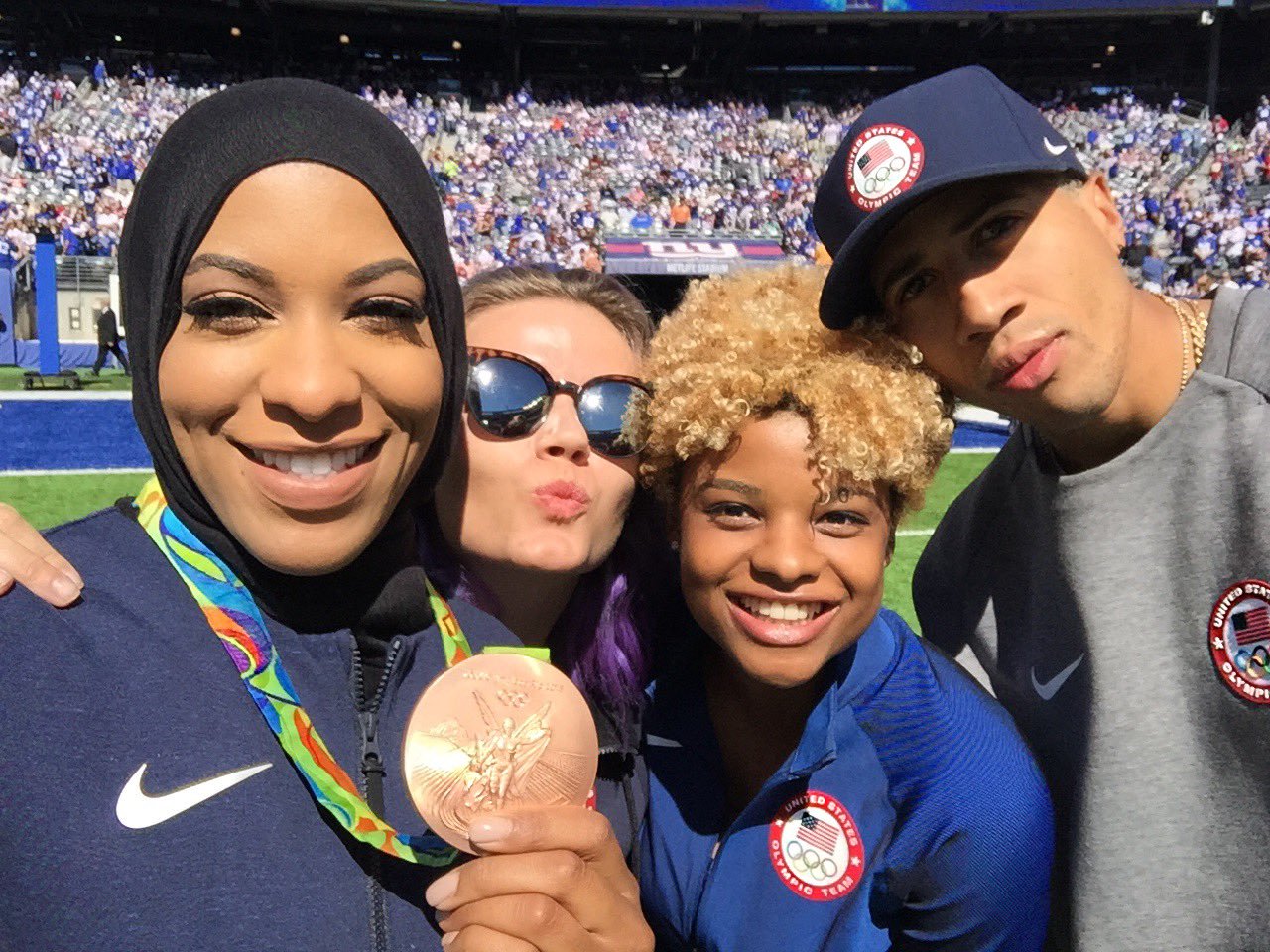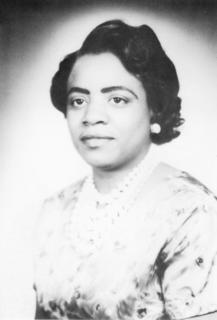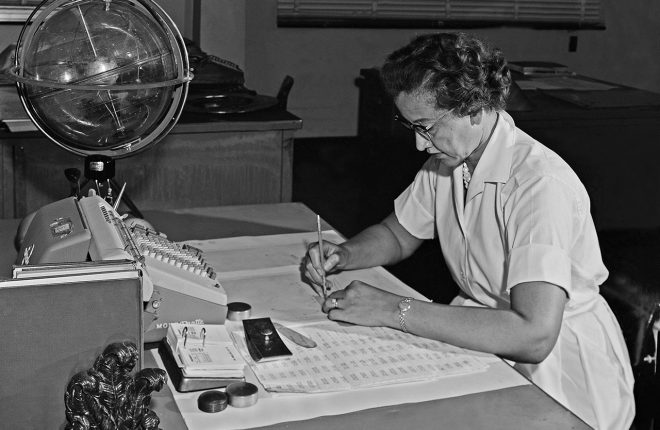Blog by Director of the Mayor’s Office of Black Male Engagement Jack Drummond
When we talk about Black History Month, we should be sure to talk about the contributions of women.
After all, life itself depends on women — likewise, so does history!
Black women have played a salient role in American history. They’ve increased the diversity of our nation. And, they’ve created more opportunity for people of color and others to express ideas that were not traditionally represented in mainstream culture.
This month, the Mayor’s Office of Black Male Engagement honors women pioneers who have paved, and indeed are still paving, the way for Black people today. They’ve created opportunities so that others may walk in the path and continue in this rich legacy.

Ibtihaj Muhammad
Ibtihaj Muhammad became the first ever Muslim woman to wear a hijab while representing the United States in the Olympics. Competing in the 2016 Summer Games in Rio de Janeiro, Muhammad earned a bronze medal in fencing. Muhammad isn’t just an awesome athlete and 21st century American trailblazer; she’s an educational role model for women, too. She graduated from Duke University with a double major in international relations and African-American studies with a minor in Arabic.
Marian Anderson
Born here in Philadelphia, Marian Anderson is known for being one the finest contraltos of her time and becoming the first African American to perform with the New York Metropolitan Opera. She would later go on to perform for President Roosevelt at the White House. Along with being a fantastic singer, Marian was also known for being a courageous pioneer, breaking down many barriers for African-American performers. In 1939, she was refused the opportunity to perform at Washington, D.C.’s Constitution Hall because she was Black. In response, she performed a public concert on the steps of the Lincoln Memorial to a crowd of thousands more. Years later, she performed at President John F. Kennedy’s inauguration; two years after that, President Kenney honored her with the Presidential Medal of Freedom.

Ethel D. Allen
A doctor and politician, Ethel D. Allen was the first Black woman to ever be elected to Philadelphia’s City Council. Later, she briefly served as Pennsylvania’s Secretary of State. A Republican, Allen often described herself as a “BFR — a Black female Republican, an entity as rare as a black elephant and just as smart!” In 1976, she gave a speech in support of President Gerald Ford at the Republican National Convention. Along with her political work, Allen challenged racism, sexism, and oppression early in her life both as a student and through her work as a physician. During a time when Black women were routinely kept out of many careers and colleges, she persisted in applying to medical school for seven years until she was finally accepted to the Philadelphia College of Osteopathic Medicine in the 1950s. After she graduated, she opened a community medicine practice at 15th and Columbia Avenue, now known as Cecil B. Moore, in North Philadelphia.
Katherine Johnson
Katherine Johnson is a physicist, NASA space scientist, and mathematician who graduated summa cum laude from college at a mere 18 years old and was then one of the first three African-American students to desegregate West Virginia University’s graduate school. Johnson is well-known for working for NASA at a time when both women and people of color were rarely seen in government; at NASA, she was known as one of the space agency’s “human computers,” having a preternatural ability to perform the complex calculations necessary for space flight. Her work was instrumental in the flight of Alan Shepard, the first American in space, and the Apollo 11 mission, which saw the first humans landing on the moon. NASA used Johnson’s work on contingency planning to save the lives of the crew on the fateful Apollo 13 mission, too. Named one of PEOPLE magazine’s “25 Women Changing the World” in 2016, Johnson recently found herself depicted in the blockbuster hit movie, “Hidden Figures.”

